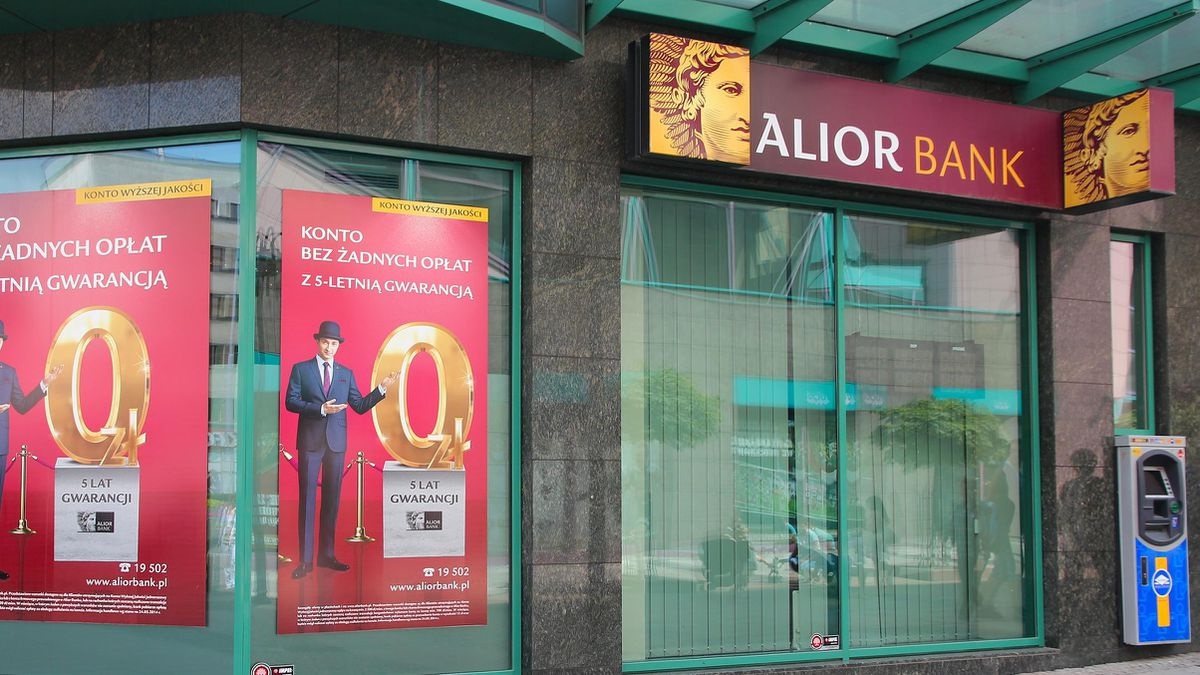The Warsaw-based bank Alior has embraced the blockchain technology. Recently, the bank announced that it would allow its users to verify the credibility and authenticity of the important documents on the Ethereum blockchain. What makes it so special is that it is the first move of a bank towards embracing the public blockchain, as otherwise financial institutions were showing openness towards only the private blockchains.
The power to the bank clients-
With this new service, the clients of the bank can check the credibility of the documents which they receive with the help of a blockchain number. All they need to do is to log into the bank website, follow the blockchain link, punch in the blockchain number, and verify the details of the documents. On this the lead of the blockchain technology at the Polish bank- Piotr Adamczyk said-
We know exactly in which block of Ethereum the document with a given hash is published. If we know the block number, we also know the timestamp […] We know that the document was published some time ago and hasn’t been changed in that time [if the hash stored on the blockchain is identical to the hash calculated from the document], so we can prove it hasn’t been replaced on our servers.
The blockchain based verification service by the bank makes use of the smart contract where hashes of the documents are stored. This acts as a digital stamp and digital location for each document. Further details of the user such name, and block number help to sequence the documents on the ledger. This sequencing allows the users to search the documents from the past and to trace their exact location on the blockchain.
What was the need for this change?
Advertisement
Why this new development came around? Well, the reason is the changing face of the regulation scene in the country. Back in 2017, Poland’s ‘Office of Competition and Consumer Protection’ expressed the concern around websites not being ‘durable’ platform for customer documents, given the fact that they can be easily tempered. This lack of durability pushed the security scenarios further in Poland.
In response to this requirement by the ‘Office of Competition and Consumer Protection,’ the bank developed the blockchain solution that ensures the durability factor. Also, the fact that it is the first bank to embrace public blockchain shows a great deal of transparency and confidence. On this, the Blockchain strategy lead at Alior Tomasz Sienicki said that the bank wants its users to be in a position to be able to verify everything and that the bank doesn’t have anything to hide. Sienicki further added that
If we say the documents are actually verified and authentic, everybody can check it and confirm,
which again shows strong confidence in the services of the bank. As per Sienicki, this openness is not feasible in the private blockchain setup.
The bigger picture-
If we talk about the bigger vision of the bank for the coming times, Sienicki explained that the bank wishes to be “disruptive,” and wants to push further into innovations that solve the current issues. The bank wants to lead the embracing of the new changes and suggests other banks to follow. In addition, Sienicki said- “We welcome if somebody copied our solution.” In the face of the belief that using public blockchain by a bank is not possible, the bank is showing how is made possible, as per Sienicki.
Advertisement
Further, Sienicki added that the eureka moment of making use of the public blockchain by the bank took place in the innovation lab. The implementation of the idea took some convincing, but finally, the management showed a green signal to have a ‘dedicated team’ that should focus exclusively on the blockchain related matters. Sienicki is openly encouraging everyone to copy their code for their own ‘purposes.’







